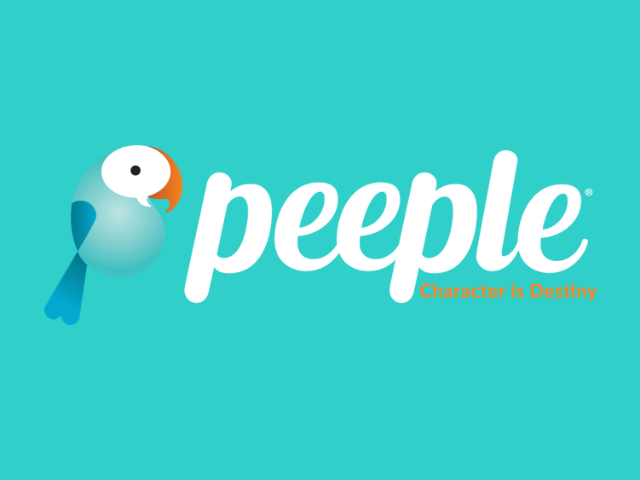Peeple, a Yelp-style people rating app, launches amidst controversy
April 13, 2016
Peeple, a Yelp-style rating app geared towards people, launched on Mar. 7 on the Apple App Store, reigniting debate over Internet privacy and ethics.
In Sept. 2015, CEO Julia Cordray and co-founder Nicole McCullough first announced the concept of the Peeple app and planned to release it in Nov. 2015. They wanted to create an app that would allow honest recommendations of people to appear at the swipe of a finger.
According to McCullough’s LinkedIn page, she was inspired to create the app after struggling to vet people such as contractors and babysitters. Cordray and McCullough were both non-technical founders, and sourced Y Media Labs for app development (Washington Post).
Cordray and McCullough believe that Peeple is unique among recommendation apps because it does not allow anonymity.
Cordray told BuzzFeed News, “I don’t believe in making anonymous recommendations; I don’t think they’re as useful as when you really are who you say you are. Too many of those systems can be gamed” (BuzzFeed).
Unfortunately, the initial plan clearly lacked regulations in terms of harassment, and many Internet-users were quick to point out its glaring flaws.
The initial plan involved a one-to-five rating system in which users could rate friends, family, coworkers or romantic partners. There was no opt-out system, meaning anyone could rate you, all out of your control. Essentially, Peeple was a platform for anyone to leave reviews about everyone.
The Washington Post released an article labelling Peeple as the “terrifying Yelp for people”. This immediately sparked backlash and drew attention nationwide. A Change.org petition against the release of the app garnered over 8,000 signatures, as well as the birth of the hashtag #peoplenotpeeple.
Major concerns surrounded the ease of harassment, the lack of an opt-out option and the reduction of people to a one-to-five scale. This was deemed unethical and inhumane by many. Many users specifically criticized the lack of an opt-out feature for drawing everyone into a web of social media, even if they wished to abstain.
Cordray spoke on the backlash, stating, “our website was hacked multiple times and taken down, when we got death threats on YouTube and all over the Internet.”
The Peeple app seemingly faded into oblivion until it recently was publicized again and launched in the App Store on Mar. 7.
The app underwent four major changes that Cordray and McCullough hope will ease the public’s worries. It is no longer a five-star rating system, no one can add anyone to the app without their consent, each participating individual needs to link their Facebook account, each user has full control of what reviews will be shown on their profile and users can deactivate their accounts along with all reviews at any given time.
Through these changes, Cordray and McCullough have seemingly stepped back against their initial goals of transparency. Users can essentially edit their entire profile and delete reviews they don’t want.
Additionally, Cordray and McCullough are currently considering an option titled the “Truth License”, in which users can pay to see all reviews left on a person’s account, hidden by the user or not.
“The Peeple Truth License shows you everything that has been written about a person whether it was published live on their profile or not. This allows you to make better decisions about the people around you,” claims Cordray.
Despite the modifications Cordray and McCullough implemented, Peeple only holds a 1.5 star rating after 174 reviews on the App Store, showing that a majority is still not satisfied with where Cordray and McCullough have taken the app.
Apple user CharHy gave the app one star and noted, “I see this being a way to bully someone and/or cause someone to snap. You should never be able rate a person! Those reviews would be subjective, so all reviews on [Peeple] would be pointless. In the end, it could ruin someone’s life, both personal and professional!”
On the other hand, user Bluechalk gave it five stars and defended the app against concerns about bullying and negativity because “that whole argument could be applied to literally any social media site.”
Despite widespread media recognition, most pundits predict that Peeple will not become popular. Andy Beal, a U.S.-based online reputation management expert, doubts it will find an audience.
“I’m surprised they are going to give it another shot. The public has demonstrated that they are completely comfortable rating businesses and companies, but extremely protective about their own online reputations,” he says. “A lot of these types of sites launch, but then people get concerned about the ramifications and they don’t get any traction.”


